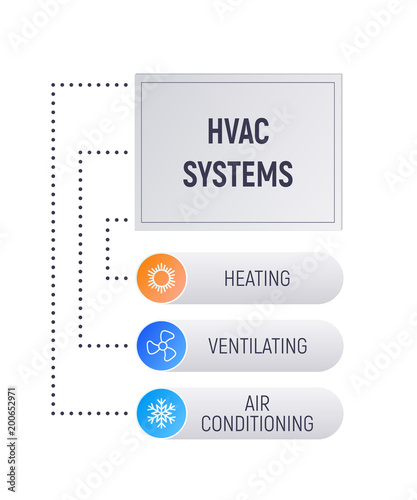Discover The Crucial Approaches To Boost The Efficiency And Life-Span Of Your Heatpump System By Avoiding Typical Installation Mistakes
Discover The Crucial Approaches To Boost The Efficiency And Life-Span Of Your Heatpump System By Avoiding Typical Installation Mistakes
Blog Article
Web Content Develop By-Saunders Wheeler
When mounting a heatpump, you need to steer clear of common mistakes that can jeopardize its performance. Forgeting correct sizing might bring about inefficiencies and higher energy prices. Ignoring insulation and securing can cause energy wastage and pressure on the device. Moreover, positioning the outdoor unit improperly may affect its efficiency. By preventing these mistakes, you can make certain optimal working and durability of your heat pump system.
Improper Sizing of Heat Pump
When it concerns the setup of heat pumps, one of one of the most common errors is incorrectly sizing the system for your room. Making your input here is important for optimum efficiency. If the heat pump is too little, it will have a hard time to heat or cool your space efficiently, resulting in increased energy bills and possible wear and tear on the system.
On the other hand, if the heatpump is as well big, it will cycle on and off often, causing temperature level variations and reducing its life-span.
To avoid this error, it's important to have an expert assess your room and suggest the suitable dimension of the heatpump based on aspects like square footage, insulation, ceiling elevation, and local climate. By investing https://commercialandofficecleani84061.blogripley.com/31813232/selecting-the-suitable-heatpump-size-for-your-home-an-uncomplicated-guide and initiative to guarantee the proper sizing, you can delight in a comfy environment while optimizing power effectiveness and lengthening the lifespan of your heatpump.
Inadequate Insulation and Sealing
To make sure the efficient procedure of your heatpump, it's crucial to deal with insufficient insulation and sealing in your room. Correct insulation helps preserve a consistent temperature level indoors, minimizing the workload on your heat pump. Poor insulation can result in energy loss, making your heatpump work harder and less efficiently.
Sealing any type of voids or leaks in your area is similarly important. These gaps allow conditioned air to leave and outside air to seep in, forcing your heat pump to compensate for the temperature level changes.
Inaccurate Positioning of Outdoor Unit
Dealing with the positioning of your heat pump's outdoor system is vital to enhancing its efficiency. Setting up the exterior unit in a wrong location can lead to effectiveness problems and prospective damages to the system.
One usual mistake to stay clear of is putting the exterior system also near to a wall or other structures. This can restrict air flow, creating the unit to function harder to warm or cool your room, eventually minimizing its performance and life-span.
https://averagecosttoinstallhvacs53108.vblogetin.com/36807382/decipher-the-misconceptions-and-make-informed-decisions-to-maintain-your-heatpump-running-efficiently to avoid is putting the outdoor system in straight sunlight. While some sunshine is unavoidable, too much exposure can lead to getting too hot, specifically during warm summer season days. It's ideal to place the exterior device in a shaded area to help maintain its ideal operating temperature level.
In addition, make sure that the outside unit is placed on a secure and degree surface area. wall mounted air conditioning installer can cause vibrations and unneeded pressure on the unit, impacting its efficiency with time.
Conclusion
Finally, avoiding typical mistakes throughout heatpump installation is necessary for optimizing effectiveness and longevity of your system. By making certain proper sizing, sufficient insulation, sealing, and appropriate positioning of the outside unit, you can stop problems such as ineffectiveness, boosted energy bills, and stress on the unit. Making the effort to resolve these crucial variables will inevitably save you time and money over time.
